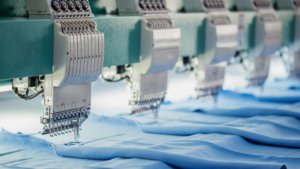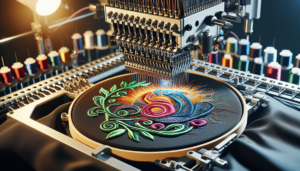The Influence Of Embroidered Logos On Brand Recall And Recognition
Have you ever wondered why some brands stick in your mind more than others? It’s not just their catchy names or appealing products—it’s also about how they present their logos. One interesting method companies use to boost brand recall and recognition is embroidering their logos on their products. Embroidery can transform a simple logo into a memorable symbol that stands out in a consumer’s mind. Let’s take a closer look at how embroidered logos influence brand recall and recognition.
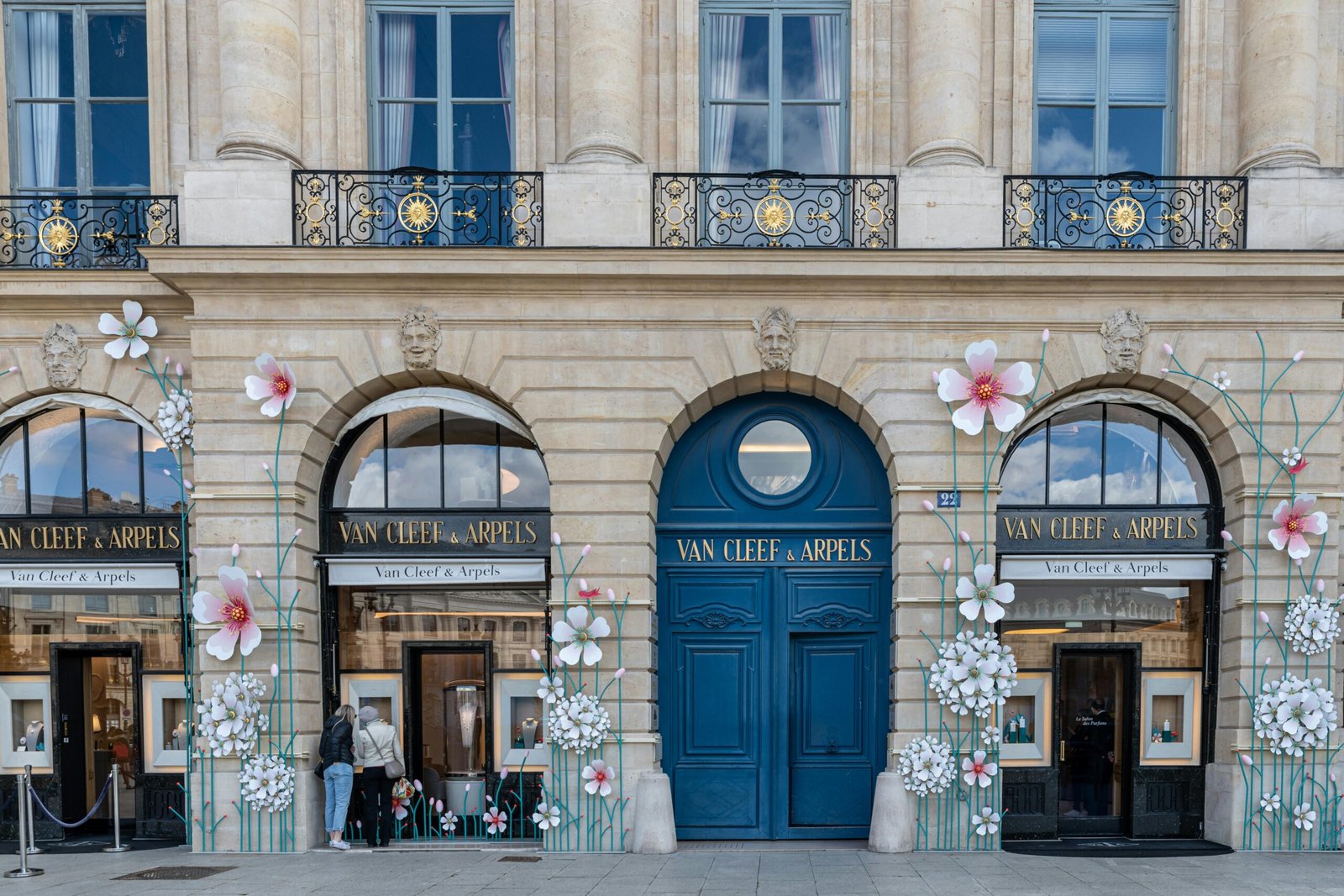
This image is property of images.pexels.com.
What is Brand Recall and Recognition?
Before we understand the influence of embroidered logos, it’s important to grasp what brand recall and recognition actually mean.
Brand Recall
Brand recall refers to the ability of consumers to remember a brand when they think about a specific product category. It’s a measure of a brand’s association with the category it’s in. For instance, when you think of fast food, chains like McDonald’s or Burger King might immediately pop into your mind. This is brand recall in action.
Brand Recognition
Brand recognition, on the other hand, is the ability of consumers to identify a brand by its attributes, such as its logo, colors, or packaging, without being prompted by a product category. When you see Nike’s swoosh, you instantly know what brand it is, even if you’re not thinking about athletic wear. This instantaneous identification is brand recognition.
The Role of Logos in Branding
Logos are visual symbols that identify a brand. They are designed to be simple, unique, and easily recognizable. Here’s why logos matter so much:
| Feature | Description |
|---|---|
| Simplicity | Easy to remember and recognize. |
| Uniqueness | Distinguishes the brand from competitors. |
| Versatility | Looks good in various formats and sizes. |
| Relevance | Reflects the brand’s identity, values, and target audience. |
A well-designed logo helps a brand stay in consumers’ minds, making both brand recall and recognition more effective.

This image is property of images.pexels.com.
Embroidered Logos: A Tangible Touch
Why would a company choose to embroider its logo over other methods like printing or digital representation? Here are several compelling reasons:
Durability
Embroidering a logo onto a piece of clothing or accessory makes it long-lasting. The design doesn’t wear off or fade easily, ensuring that the logo remains visible for a longer time.
Perceived Value
Embroidered logos often give products a higher perceived value. They look more sophisticated and premium compared to printed logos, which can elevate the brand’s image.
Tactile Connection
Embroidered logos add a physical, textured element that can make the logo feel more substantial. This physicality can create a stronger emotional connection between the consumer and the brand.
Versatility
Embroidery can be applied to various materials, including fabric, leather, and even some synthetics, offering brands flexibility in how they want to display their logos.
Psychological Impact of Embroidered Logos
Now, let’s dig into the psychological aspects. How does the texture and durability of an embroidered logo affect a consumer’s mind?
Associative Memory
Our brains make connections between tactile experiences and memory. The texture of an embroidered logo can trigger associative memory, making it easier for consumers to remember the brand name.
Perception of Quality
Quality perception is crucial for brand recall and recognition. When consumers associate a brand with high-quality materials, they’re more likely to remember it. An embroidered logo, which generally represents a higher quality, can enhance this perception.
Emotional Engagement
Touching a textured logo can evoke positive emotions. This emotional engagement strengthens the overall brand experience, making consumers more likely to recall and recognize the brand later on.
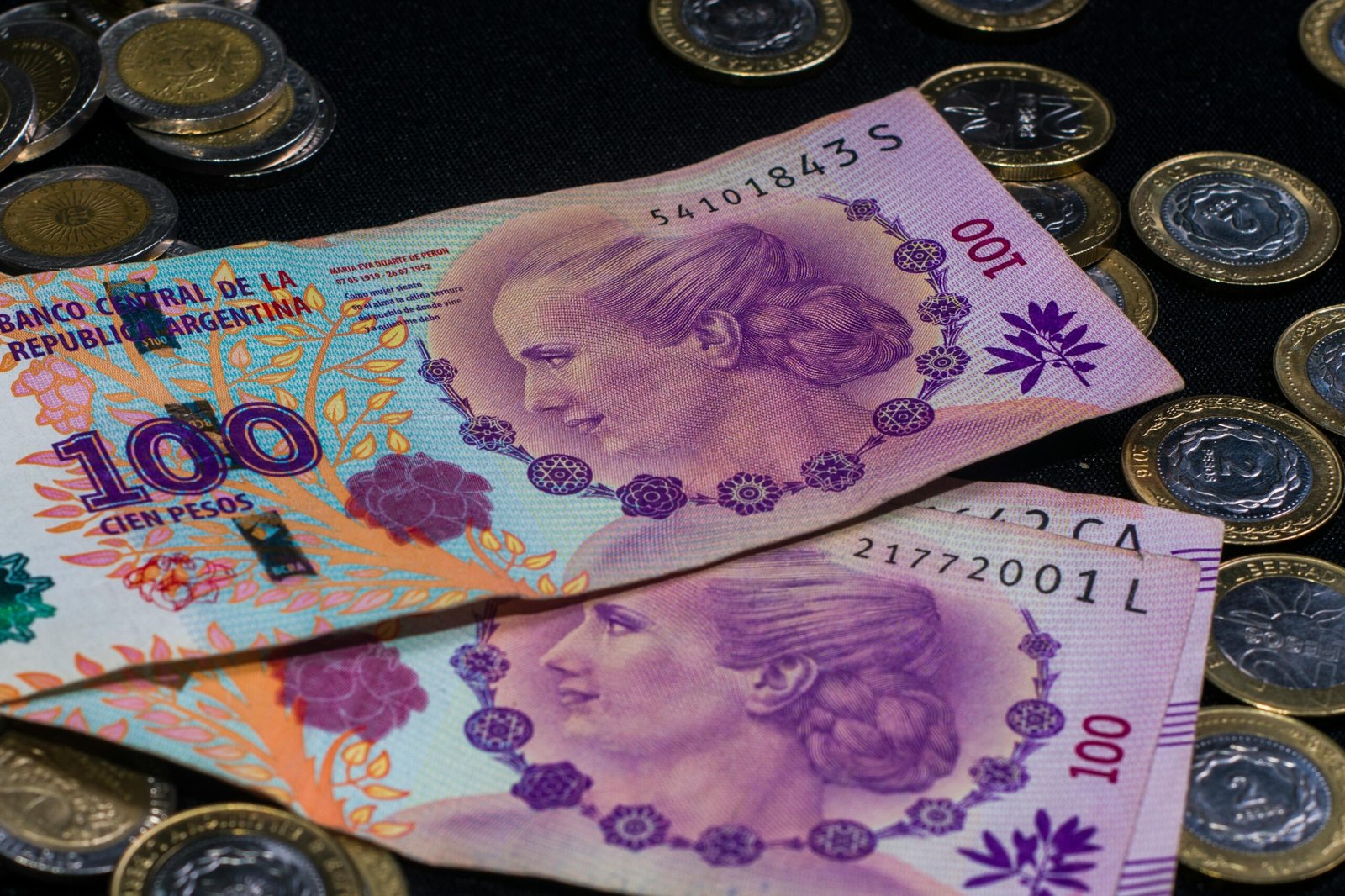
This image is property of images.pexels.com.
Case Studies: Success Stories
Several brands have successfully employed embroidered logos to boost their market presence. Let’s look at a few examples.
Polo Ralph Lauren
Polo Ralph Lauren’s embroidered pony logo is iconic. The brand is synonymous with luxury, and the embroidered logo helps reinforce this image. Consumers associate the logo with quality and prestige, ensuring high brand recall and recognition.
Lacoste
Lacoste’s crocodile logo, often embroidered on their polos and other clothing, is another example. This distinctive logo stands out and is easily recognized, helping the brand maintain a strong market position.
Harley-Davidson
Harley-Davidson uses embroidered logos on various products, from jackets to bags. The embroidered logo not only signifies ruggedness and durability, aligning with the brand’s image but also ensures that consumers remember and recognize the brand.
Best Practices for Embroidered Logos
If you’re considering embroidered logos for your brand, there are some best practices to keep in mind:
| Best Practice | Explanation |
|---|---|
| Choose Quality Materials | Use high-quality threads and fabrics to ensure the embroidery lasts. |
| Keep It Simple | A less complex logo will be easier to embroider and more recognizable. |
| Reflect Brand Identity | Ensure the logo’s style aligns with your brand’s image and values. |
| Placement Matters | The logo’s position should be visible and make sense for the type of product. |
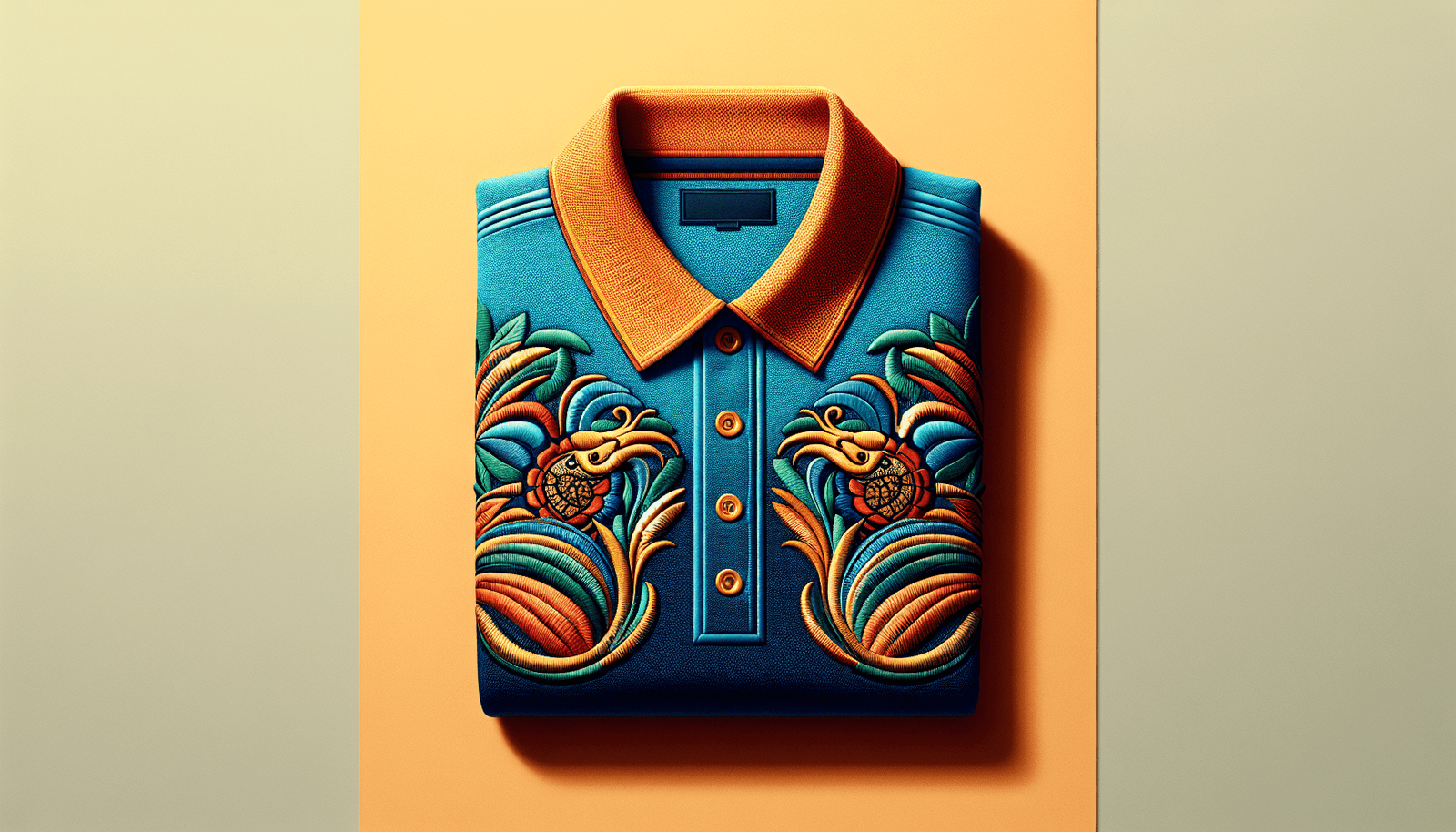
Measuring the Effectiveness
How can you measure if using embroidered logos actually improves brand recall and recognition? Here are a few methods:
Surveys and Polls
You can undertake consumer surveys and polls to directly ask about their brand recall and recognition. Compare responses from before and after introducing embroidered logos.
Sales Data
Observe any changes in sales data after switching to embroidered logos. Increased sales can be an indicator of better brand recall and recognition.
Social Media Metrics
Monitor your social media engagement. Increased mentions, shares, and likes can suggest higher brand recognition and recall due to embroidered logos.
Challenges and Considerations
While embroidered logos offer many benefits, there are some challenges and considerations:
Cost
Embroidery can be more expensive than printing, particularly for complex designs. This cost must be weighed against the potential benefits.
Complexity
Highly detailed logos may not translate well to embroidery. Simplifying your logo without losing its identity is a crucial step.
Color Limitations
Embroidery comes with color limitations. Unlike digital prints, where any color is possible, embroidery threads have limited color options.
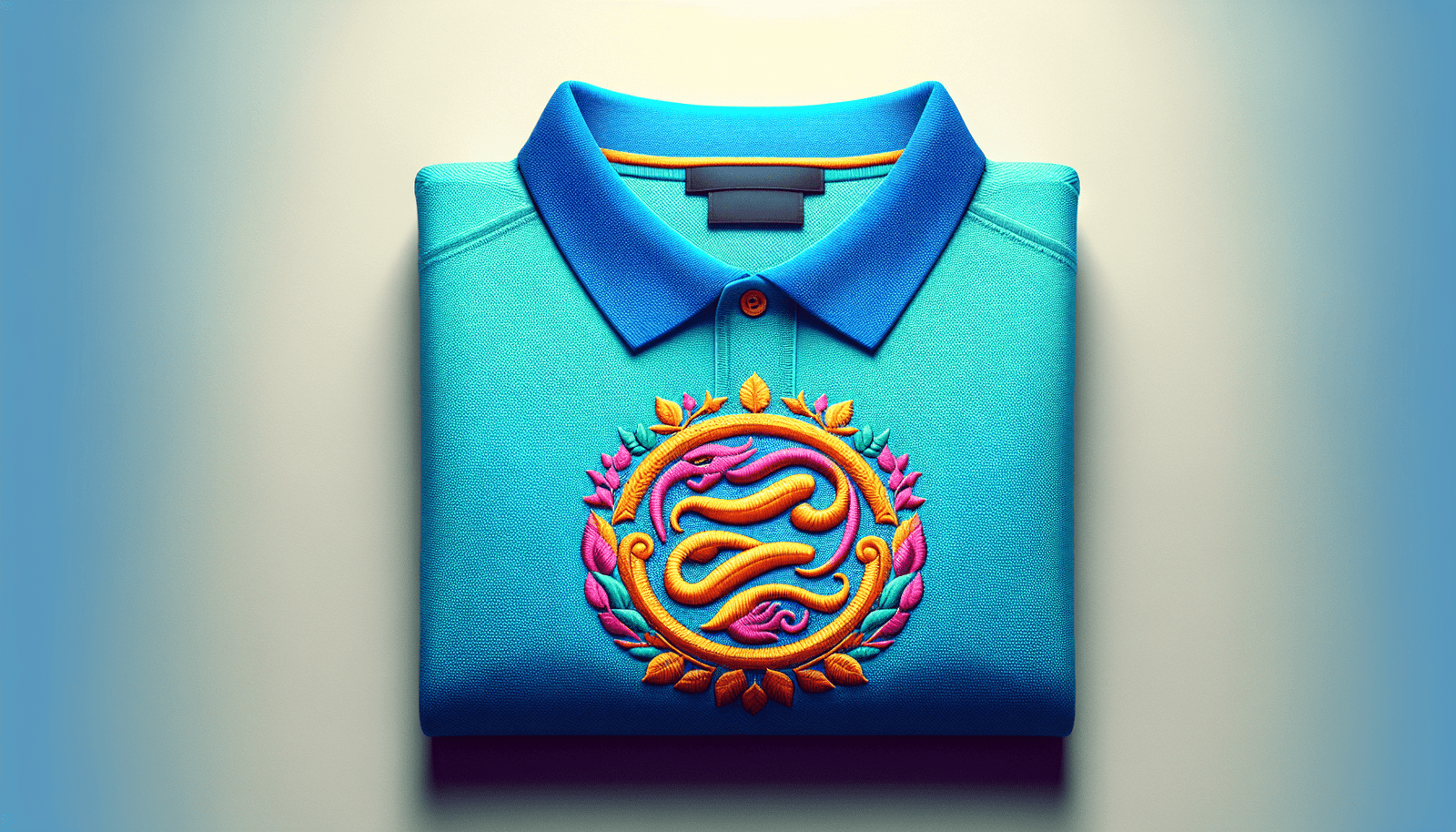
Future Trends
Embroidered logos are not static in their methodology or impact. Here are a few future trends to watch:
Smart Fabrics
The integration of technology with fabrics may offer new ways to combine embroidery with digital features, enhancing consumer engagement.
Sustainable Materials
As environmental consciousness grows, brands may move towards sustainable threads and fabrics for their embroidered logos to appeal to eco-conscious consumers.
Personalization
Custom embroidered logos tailored for specific customer groups or events can create a more personalized and memorable experience, thus enhancing brand recall and recognition.
Final Thoughts
The influence of embroidered logos on brand recall and recognition is an intricate interplay of psychology, quality perception, and tactile experience. While it might be challenging to implement, the benefits of increased brand loyalty and higher perceived value can make it a worthwhile investment. So, next time you encounter an embroidered logo, you’ll have a deeper understanding of the thought and strategy that went into making that brand a lasting impression in your mind.

